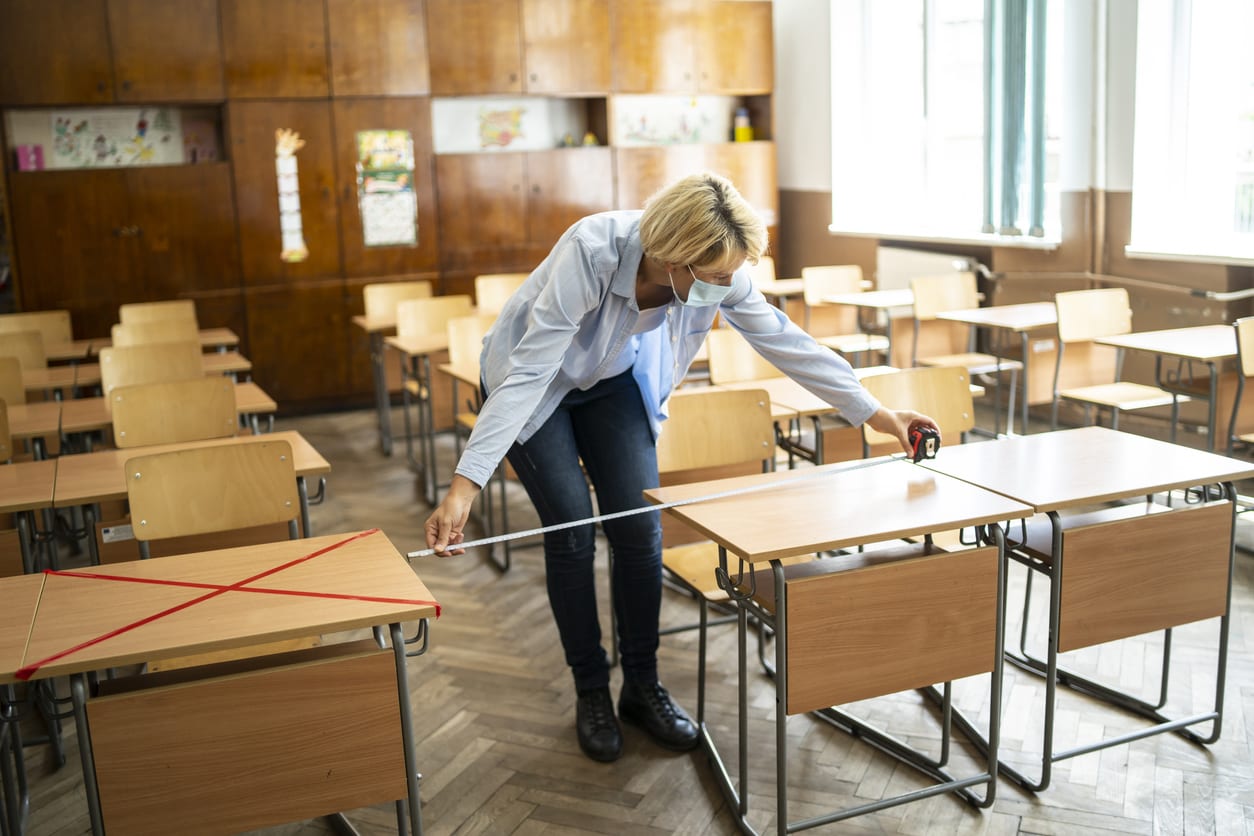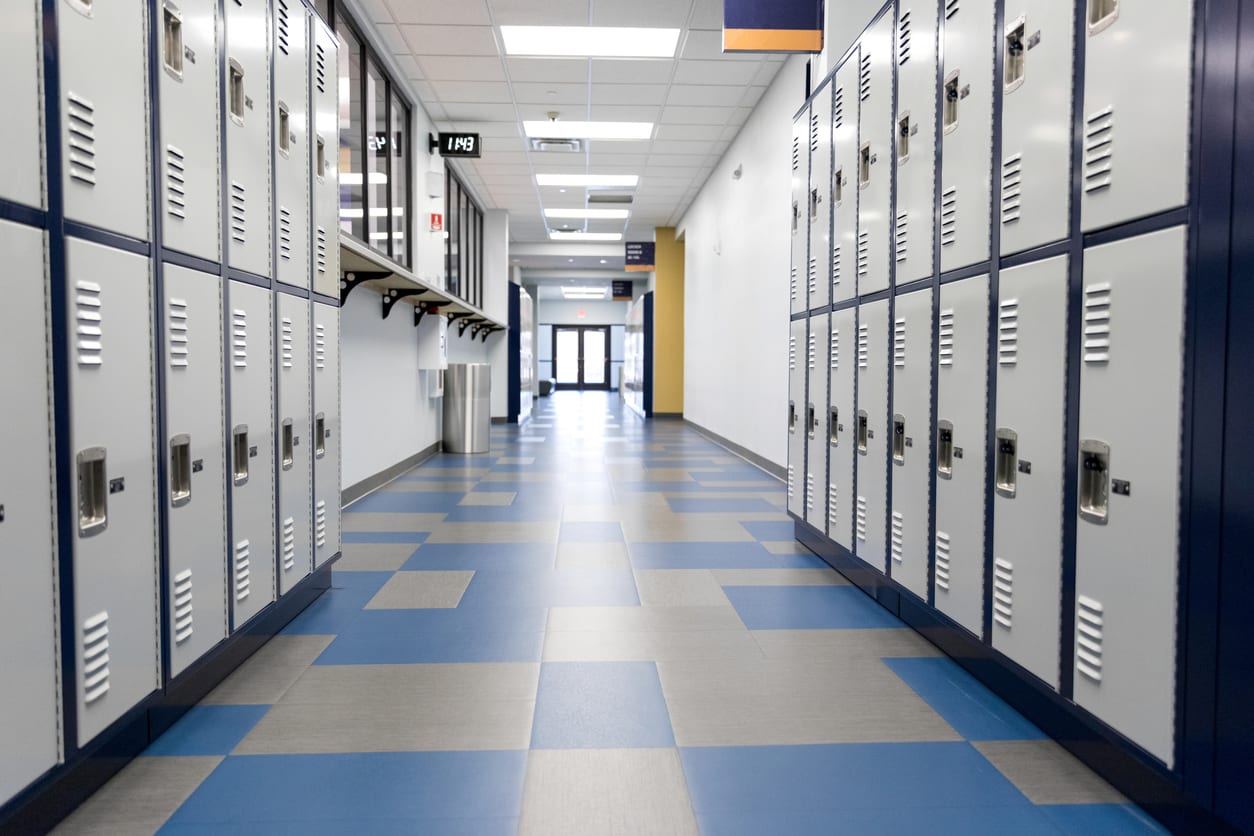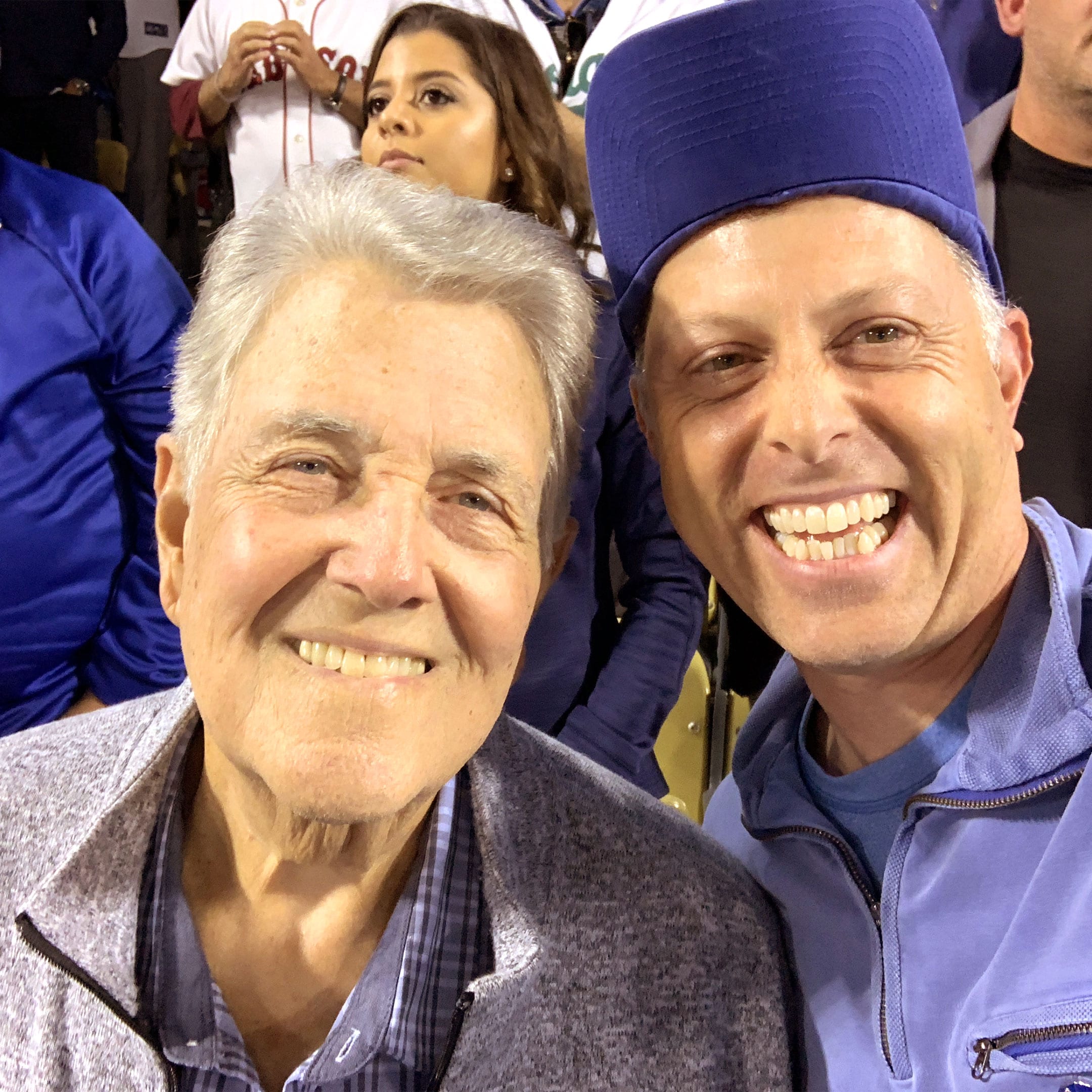
As schools reopen and students once again fill the nation’s classrooms (physically and remotely), charter schools in all states are facing the challenging task of keeping kids safe.
We’ve assembled a list of resources – from the NEA, the National Alliance of Public Charter Schools and from other authoritative sources – all designed to empower charter school leaders to make sound decisions and put effective measures in place to create safe environments.
As we pore through these materials, several key pieces of guidance emerge:
- Prepare the school campus for physically-distanced learning
- Smaller groups per classroom,
- Barriers and distance markers in place,
- Plenty of sanitizer and cleaning tools available,
- Improvements to air circulation and indoor air quality
- Set up protocols for contingencies
- What to do if a teacher or staff shows symptoms,
- What to do if a student shows symptoms or tests positive,
- What to do if the school needs to close again.
- Empower teachers and students with the right tools
- Ensure there’s PPE, sanitizer, cleaning stations
- Set up protocols and educate students to follow these
- Teach students to avoid physical contact,
- Teach students not to share phones, toys, books, etc.,
- Teach students to properly keep physical distance
Additionally, guidance includes aspects of social equity and inclusiveness.
- Ensure all remote students have access to the proper equipment and connectivity,
- Ensure special-needs students have needed accommodations,
- Ensure masks don’t impede hearing-impaired students from understanding teachers
This is not an inclusive list. Please refer to this previous post for links to comprehensive sources. What we aimed to accomplish in this post is to give you a contextual view of the areas to address, and key things to keep in mind.
Also, depending on how badly-affected the area and city around the school might be, measures would of course become more stringent. The goal is to facilitate learning while doing our utmost to protect the health of our students.
We hope this has been helpful. Make sure to click here for more.



 In his 37 years of teaching, Mr. Dewey was a mentor to many teachers and countless students, and a special mentor to Stuart. It was this outstanding educator’s legacy and commitment to teaching excellence that inspired our
In his 37 years of teaching, Mr. Dewey was a mentor to many teachers and countless students, and a special mentor to Stuart. It was this outstanding educator’s legacy and commitment to teaching excellence that inspired our